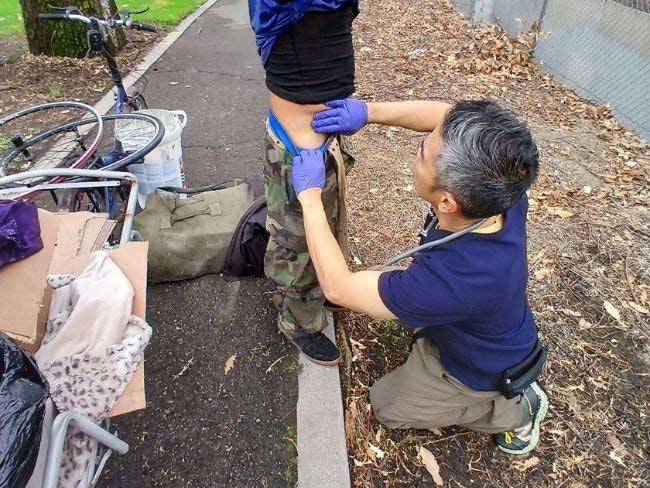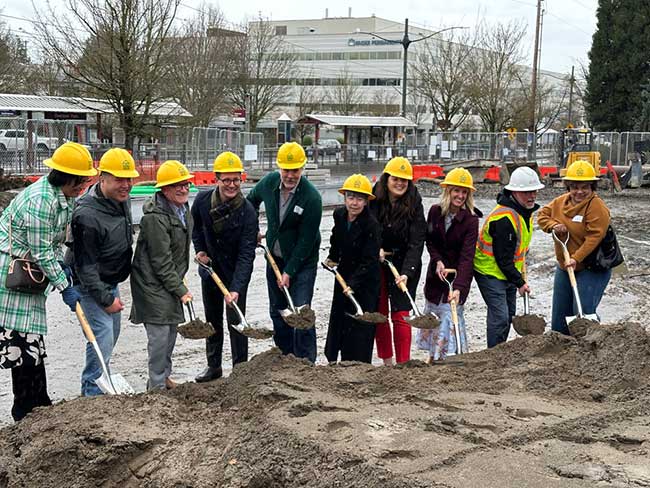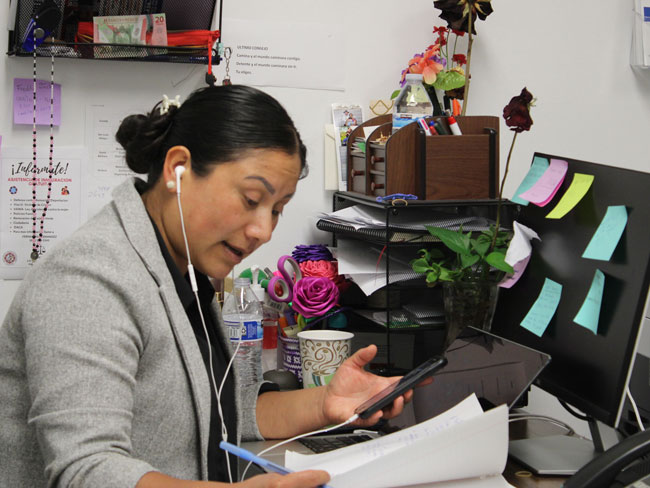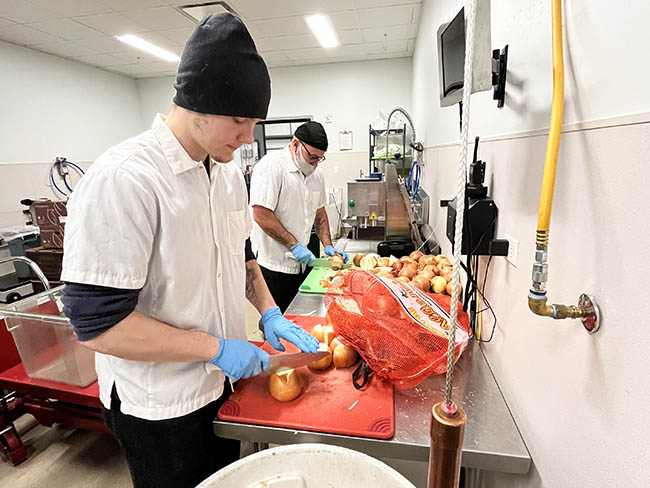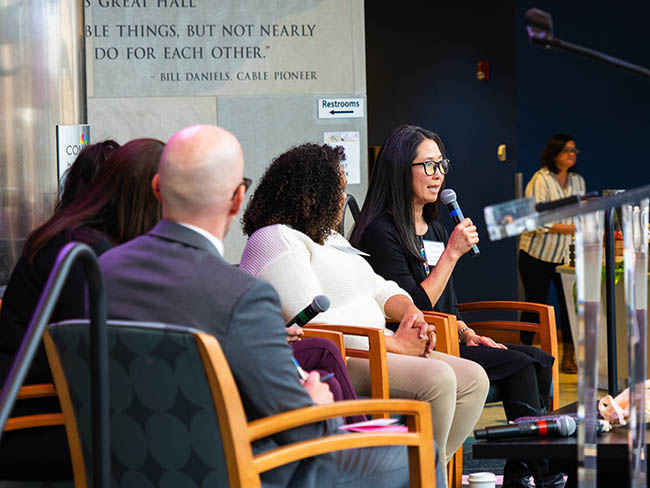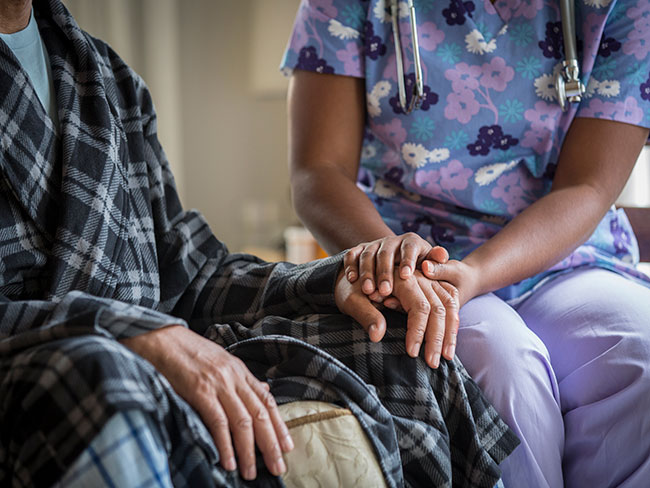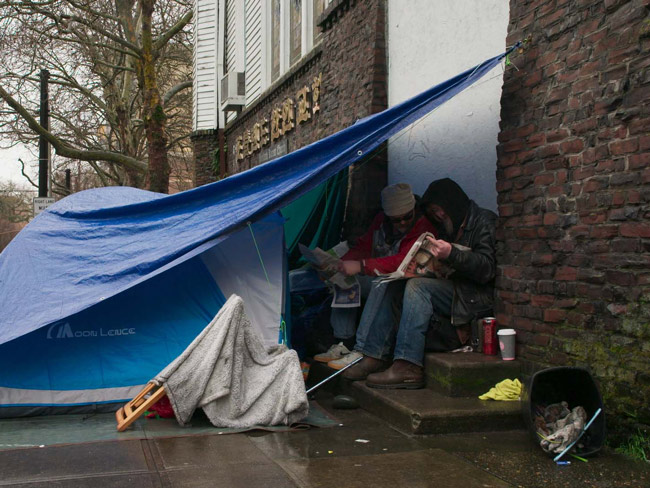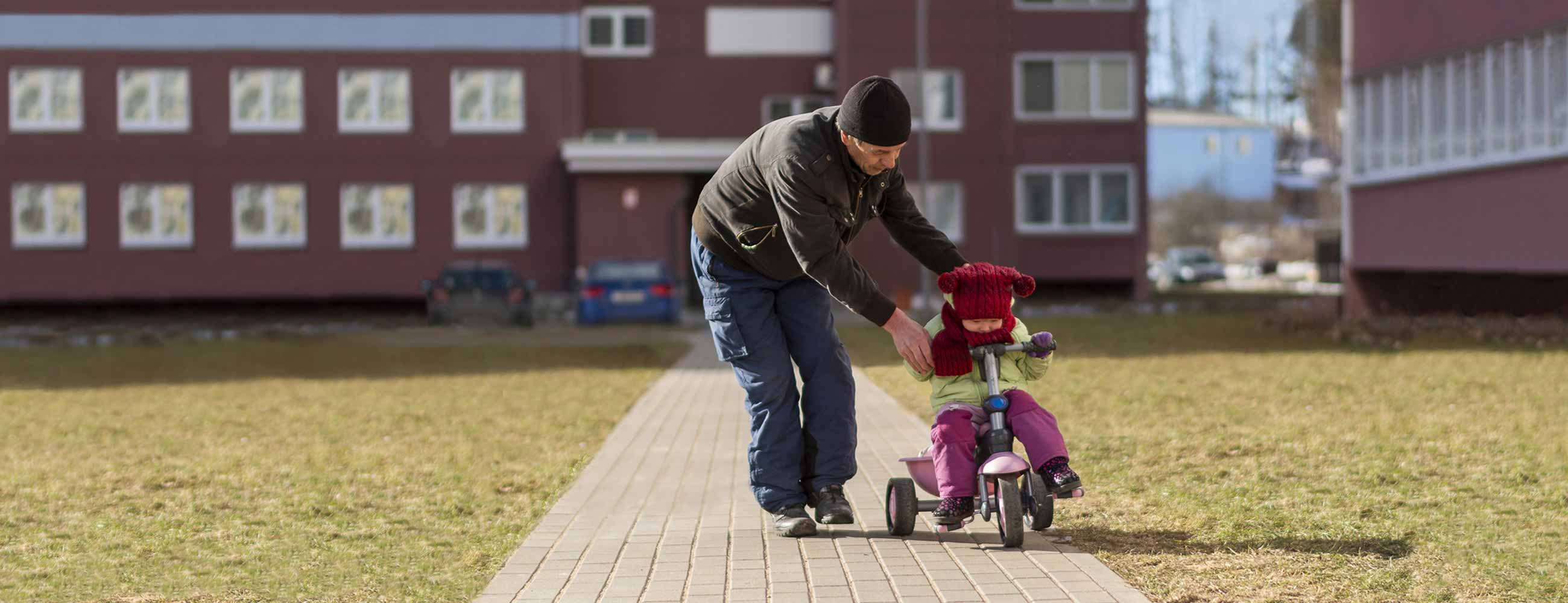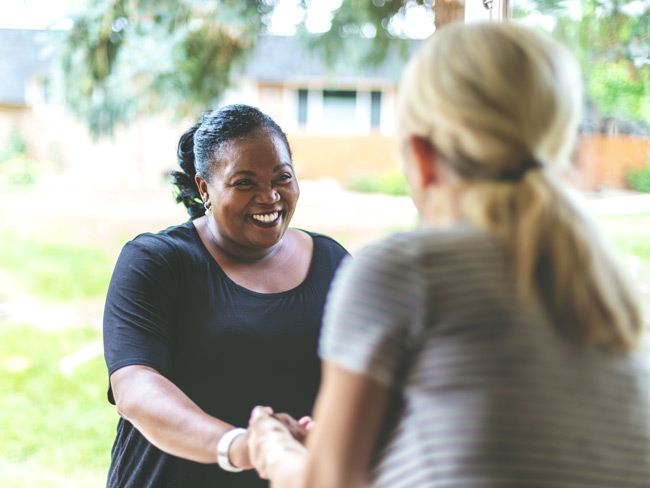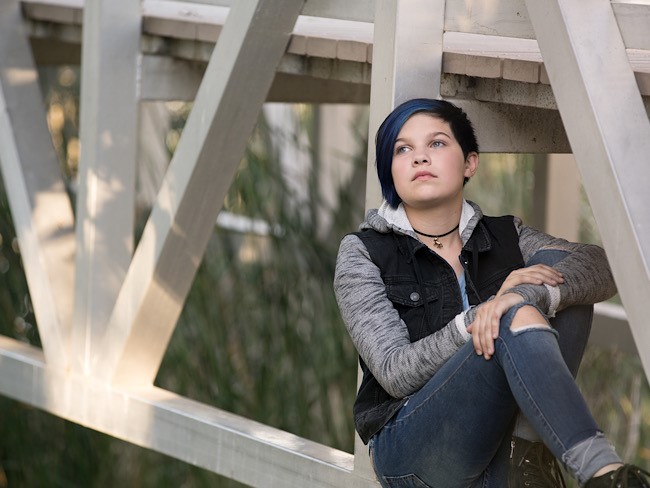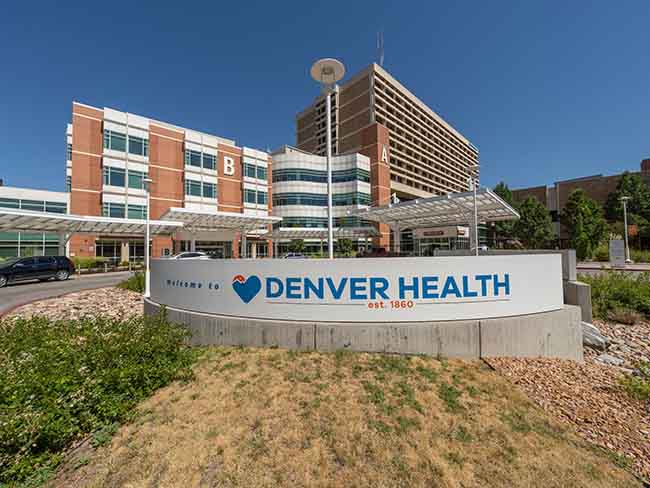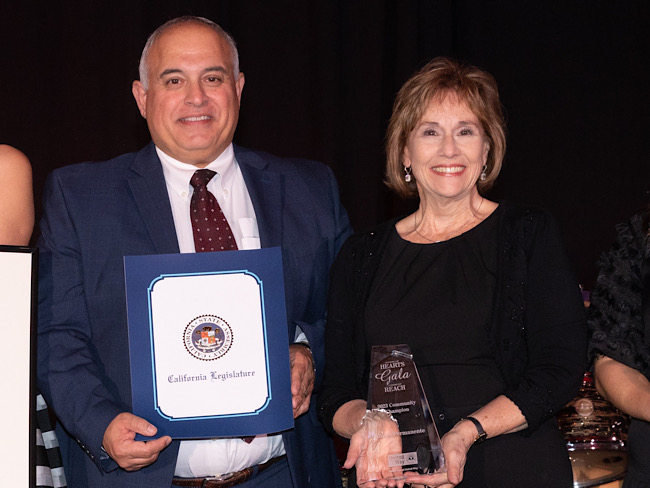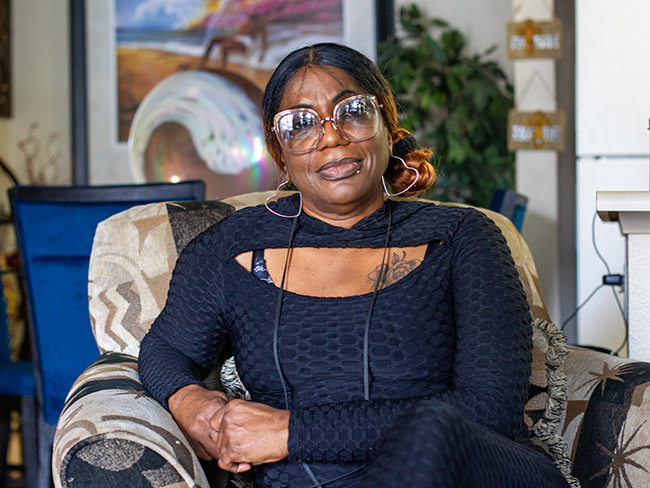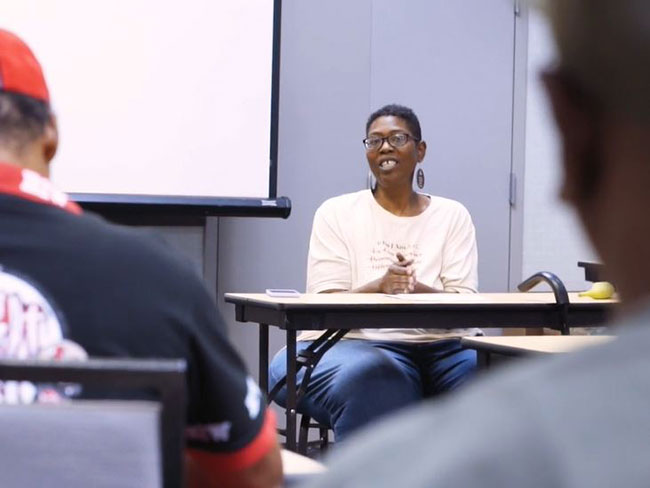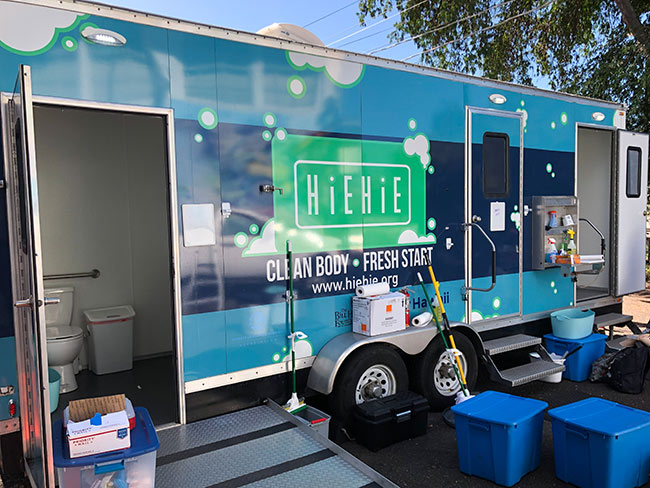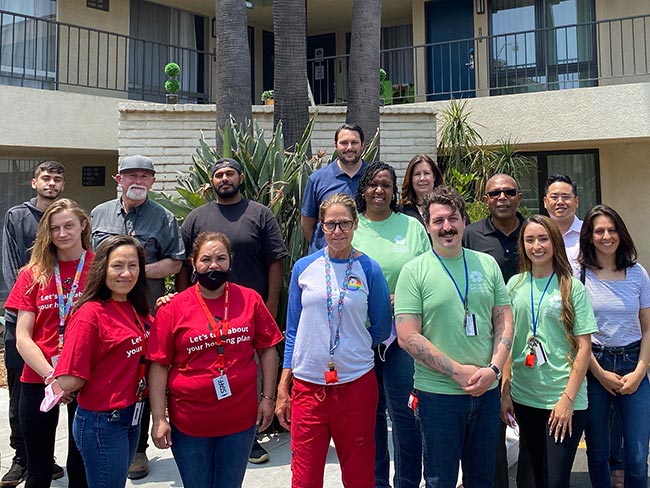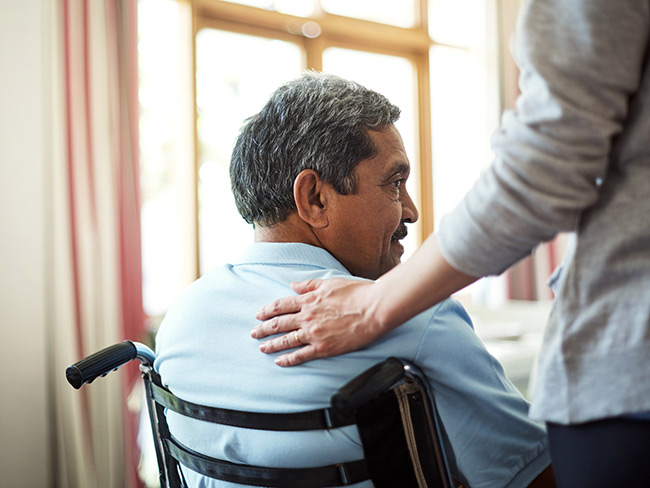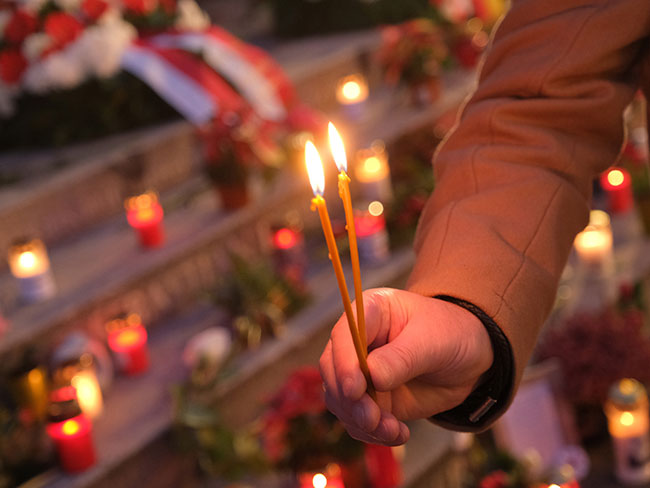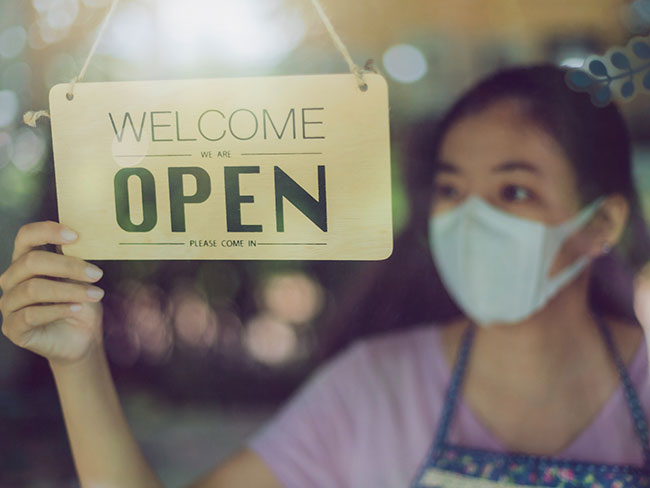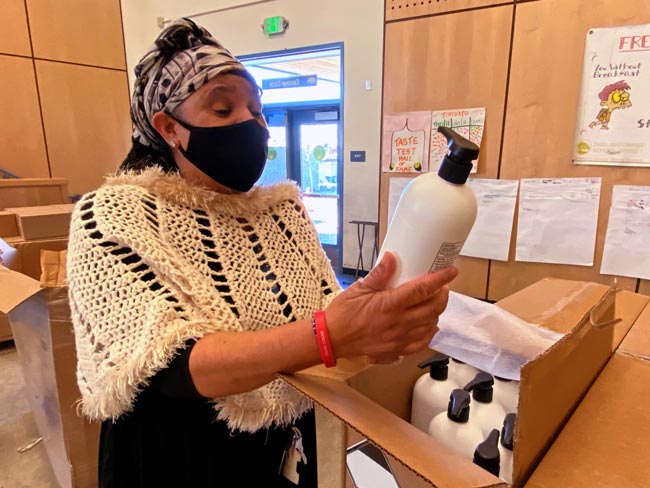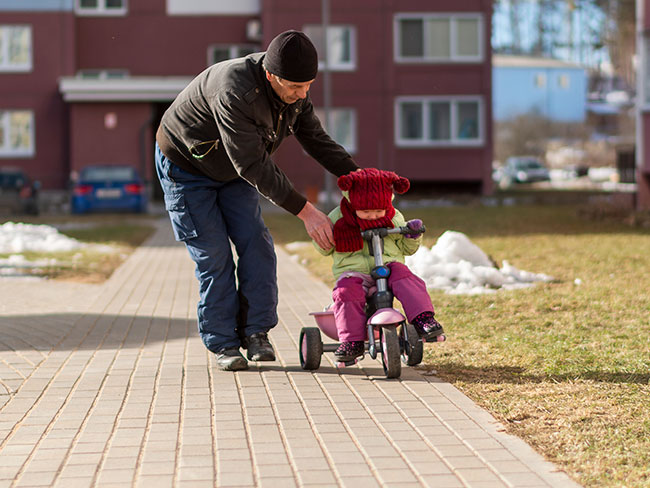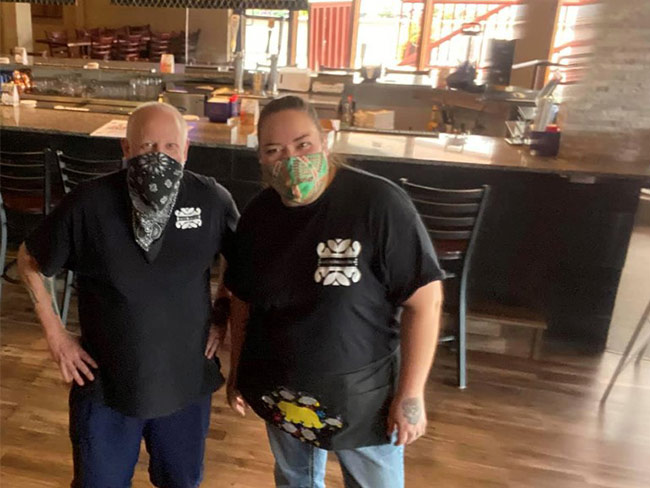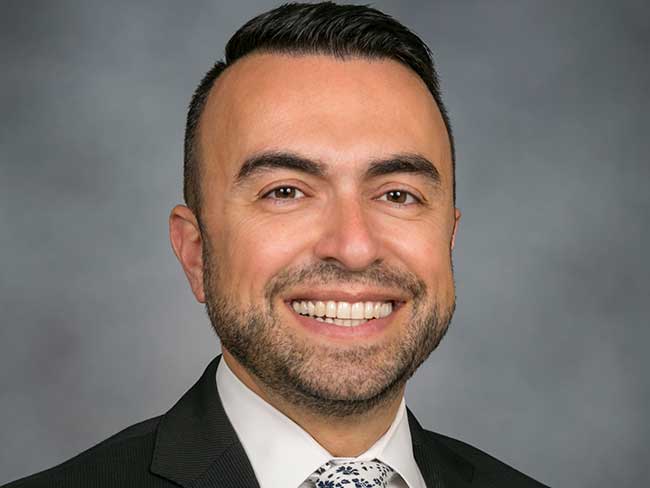Expanding support for housing stability
Innovative medical-legal partnerships keep families in stable housing to improve health and health equity.
Medical-legal partnerships embed legal services within the health care system. These services are often able to resolve housing challenges before an eviction takes place.
Kaiser Permanente, the nation’s largest integrated, nonprofit health care provider, is expanding its innovative Health, Housing, and Justice: Medical-Legal Partnership initiative across 7 of its regions. The initiative brings critical housing-related legal services to Kaiser Permanente members and communities, helping prevent evictions to increase housing stability — a critical part of good health and health equity.
This systemwide expansion is supported by a grant to the National Center for Medical-Legal Partnership and its partner HealthBegins. The organizations will lead training and technical assistance activities and build legal aid capacity to prevent evictions for up to 10,000 more community residents and help up to 4,500 Kaiser Permanente members, patients, and families access housing-related legal support by 2025.
“At Kaiser Permanente, we believe that housing is fundamental to good health and that without stable housing, people are less able to prioritize their well-being,” said Bechara Choucair, MD, senior vice president and chief health officer at Kaiser Permanente. “Housing instability is also a key driver of health inequities, with people of color and other vulnerable populations experiencing disproportionately high rates of evictions and homelessness. We know we must address housing stability as the foundation for good health, which is why Kaiser Permanente prioritizes growing affordable housing supply, helping people find housing, and preventing people from becoming homeless.”
Medical-legal partnerships work by embedding legal services within the health care system, placing attorneys in care teams to identify and address housing challenges. Crucially, these services are often able to resolve situations before an eviction takes place, preventing people from becoming homeless.
In 2021, Kaiser Permanente became the first private health care organization of its size to invest in this model, pioneering a landmark scaling approach to eviction prevention and building evidence that the right level of legal help at the right time can resolve housing-related legal issues. Since then, the legal aid organizations Kaiser Permanente has supported have provided 1,600 Kaiser Permanente members and their families — 66% of whom are people of color — with access to housing-related legal help. This is in addition to the ongoing work of these legal aid organizations to prevent nearly 10,000 evictions in the communities Kaiser Permanente serves.
We believe that housing is fundamental to good health and that without stable housing, people are less able to prioritize their well-being. Bechara Choucair, MD
The Health, Housing, and Justice: Medical-Legal Partnership program’s expansion increases the capacity of Kaiser Permanente’s legal aid partners, allowing them to help even more people in need of legal support.
The initiative has been an integral part of Kaiser Permanente’s work to better meet the health and housing needs of the communities it serves.
Joel Teitelbaum, co-director of the National Center for Medical-Legal Partnership and professor of public health and law at George Washington University, said, “The first 2 years of the program have paved the way to scale the MLP initiative’s tools, resources, and best practices to increase the capacity of legal aid organizations. We look forward to deepening the community impact of the initiative, allowing legal organizations to help even more people in need of legal support.”
“Legal aid is a powerful public health intervention that is essential to tackling the devastating rates of eviction in communities across the United States — and reducing eviction’s terrible toll on health,” said Rishi Manchanda, MD, CEO of HealthBegins. “We can’t make progress on this issue without the legal partners in our communities. This project is a model for others to help stabilize housing and close health equity gaps in communities.”
Kaiser Permanente’s extensive work to improve housing security includes the $400 million Thriving Communities Fund impact investment fund, which has helped produce and preserve 11,700 affordable housing units across the U.S. Currently, Kaiser Permanente is promoting housing security through “The Way Home,” a docuseries focused on illuminating the root causes of and promising solutions to homelessness nationwide. The third season of “The Way Home,” produced in partnership with KTF Films and Bread and Butter Films, is now available on YouTube.
